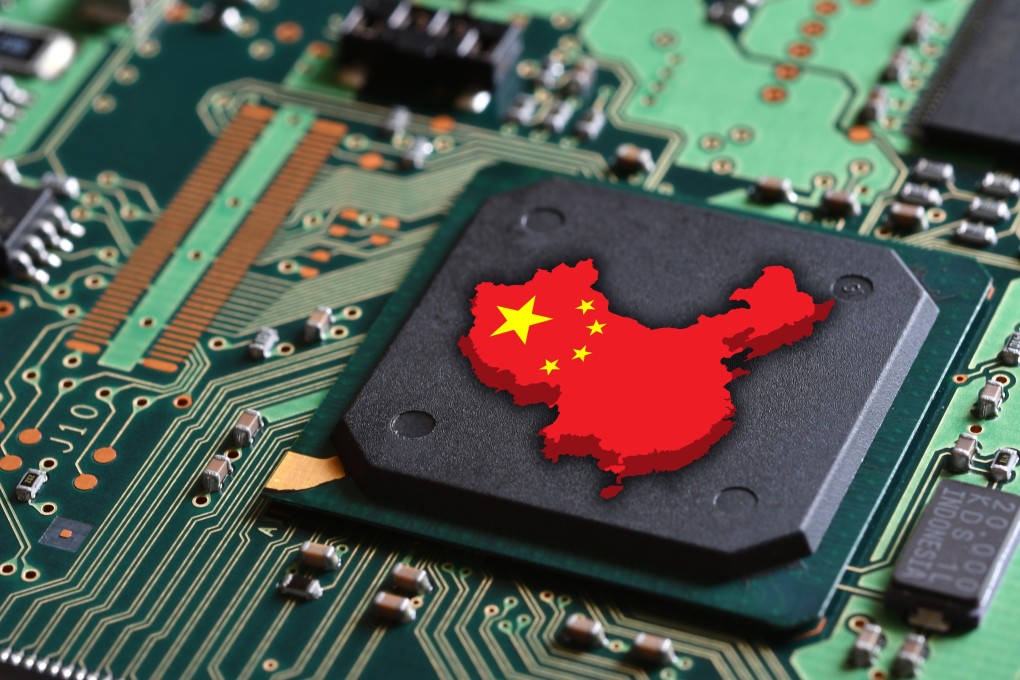Advertisement
Tech war: ‘two sessions’ delegates proffer China’s own CHIPS Act, semiconductor supply chain chieftains to advance tech self-sufficiency
- Sichuan’s Xie Shanghua proposed the enactment of a law like the US CHIPS Act to pull together the nation’s resources for semiconductor breakthroughs
- Shanghai’s Wang Shengyang suggested the appointment of ‘semiconductor supply chain chieftains’ for the chip industry
Reading Time:3 minutes
Why you can trust SCMP
6

China’s select political advisers have presented Beijing with an array of proposals to help boost the country’s semiconductor self-sufficiency efforts and counter the US strategy of tech containment that threatens the domestic chip sector’s survival, according to plans published by state media.
A submission from Xie Shanghua, deputy chairman of the Sichuan People’s Political Consultative Conference and a national delegate, proposed that the National People’s Congress (NPC), the country’s top legislature, enact a law similar to the US CHIPS and Science Act that came into effect in August last year. This would enable China to pull together resources for chip technology research breakthroughs and production of advanced semiconductors.
Under Xie’s proposal, China would legally require the state and other integrated circuit (IC) industry stakeholders to focus on the development of advanced 7-nanometre, 5-nm, and 3-nm process nodes, as well as chip software tools such as electronic design automation. These process nodes and software, however, are mostly based on US technologies, which Chinese firms cannot access under present trade restrictions.
Advertisement
To help sharpen the country’s chip self-sufficiency drive, a proposal from Wang Shengyang, a Shanghai delegate to the Chinese People’s Political Consultative Conference (CPPCC), suggested the appointment of “semiconductor supply chain chieftains” for the IC industry. While these authorities exist on a local-government level, there is no national-level organisational structure for such officials.
In addition, Wang proposed that China roll out financial support for major segments of the country’s IC sector, much like how subsidies are provided to manufacturers of new energy vehicles.
Advertisement
These proposals from delegates to China’s annual parliamentary meetings, known as the “two sessions”, highlight the growing concerns in the country over increased US pressure on its semiconductor industry.
Advertisement
Select Voice
Select Speed
1.00x